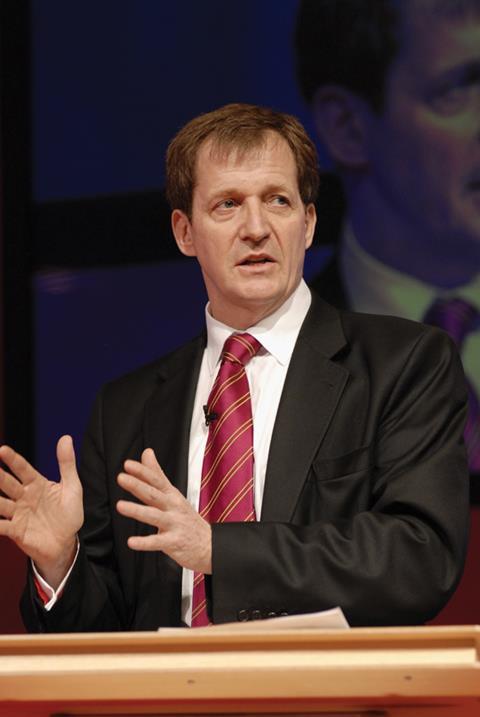Ahead of his keynote speech today, Alastair Campbell tells us about his approach to managing risks during his time as Tony Blair’s adviser

What points will you raise in your keynote speech today?
I want to emphasise that any organisation - public, private or voluntary - should always be clear about its objectives, and equally clear about the strategy to meet it.
Too often people confuse the two. Objectives are easy. Strategies are hard. And strategy is the place to have the difficult arguments, not avoid them; look ahead to difficulties in your particular environment; see things as they are, not as you might want them to be; and adapt to that scenario.
As Tony Blair’s adviser, what was your approach to identifying and mitigating risk?
Clarity of your general objective and strategy is not a bad start. That gives you a sense of what is important and what is not. Then what you are looking for is the risk to your strategy - economic, social, technical, political - and that may come from events, from the pace of change, from your opponents. Encouraging openness is good, too. People across government should be encouraged to speak about the entire activity of government, not stay in departmental silos, focusing only on things they have direct responsibility for.
Polling has a role sometimes. Planning certainly does. Remember the Millennium Bug, and what a disaster that was going to be? Lots of planning went into preventing the disaster. Better to have planned than not. The unexpected will always come along, and ‘what if’ planning is usually a good use of time.
Brand management and risks associated with corporate reputation are among the top risks concerning risk managers today. How did you go about managing bad publicity for the Labour government?
There is bad publicity that has the potential to do real and lasting damage. And there is bad publicity that will ultimately be froth that will blow away with time. The former would require a different approach. The latter would usually take up a lot of space in the media and we would have to deal with it, but it was far better to stay focused on what mattered.
This will sound obvious, but the key to reputation management is understanding the importance of your reputation, deciding what you want it to be, then acting to protect it.
What were the key risks facing the UK during your time as Tony Blair’s adviser and how did you respond to them?
Until the global financial crisis, it is fair to say that Britain did well economically for 10 years, so the economic risks tended to come from elsewhere - the Asian crisis, the Russian crisis. We had our fair share of terrorism to deal with, but then again the peace process in Northern Ireland helped remove a major source of that. September 11 was a crisis that affected the UK in a major way, both in terms of loss of British life and the strategic decisions that followed. I would say the three biggest international policy crises were September 11 and Afghanistan, Kosovo and Iraq. The two worst domestic crises were the fuel protests and foot-and-mouth disease.
What are the major risks facing the UK now?
We live in such an interconnected world that it is hard to single out one country’s risks. I think climate change is a huge risk and I worry that it has fallen down the agenda post-economic crisis. Global terrorism is another and again the nature of it means all countries share that risk.
If I were to focus on Britain only, I would say the eurozone crisis remains an economic threat. I would say the lack of economic recovery and the failure of austerity means the next generation risks being poorer than this one. And I think David Cameron has unleashed a process that may lead to Britain leaving Europe, which I believe would be a disaster for us. Because the other risks that we face is that power is shifting in a big way from west to east. It is madness to shrink our own power - which leaving the EU would do.




















No comments yet